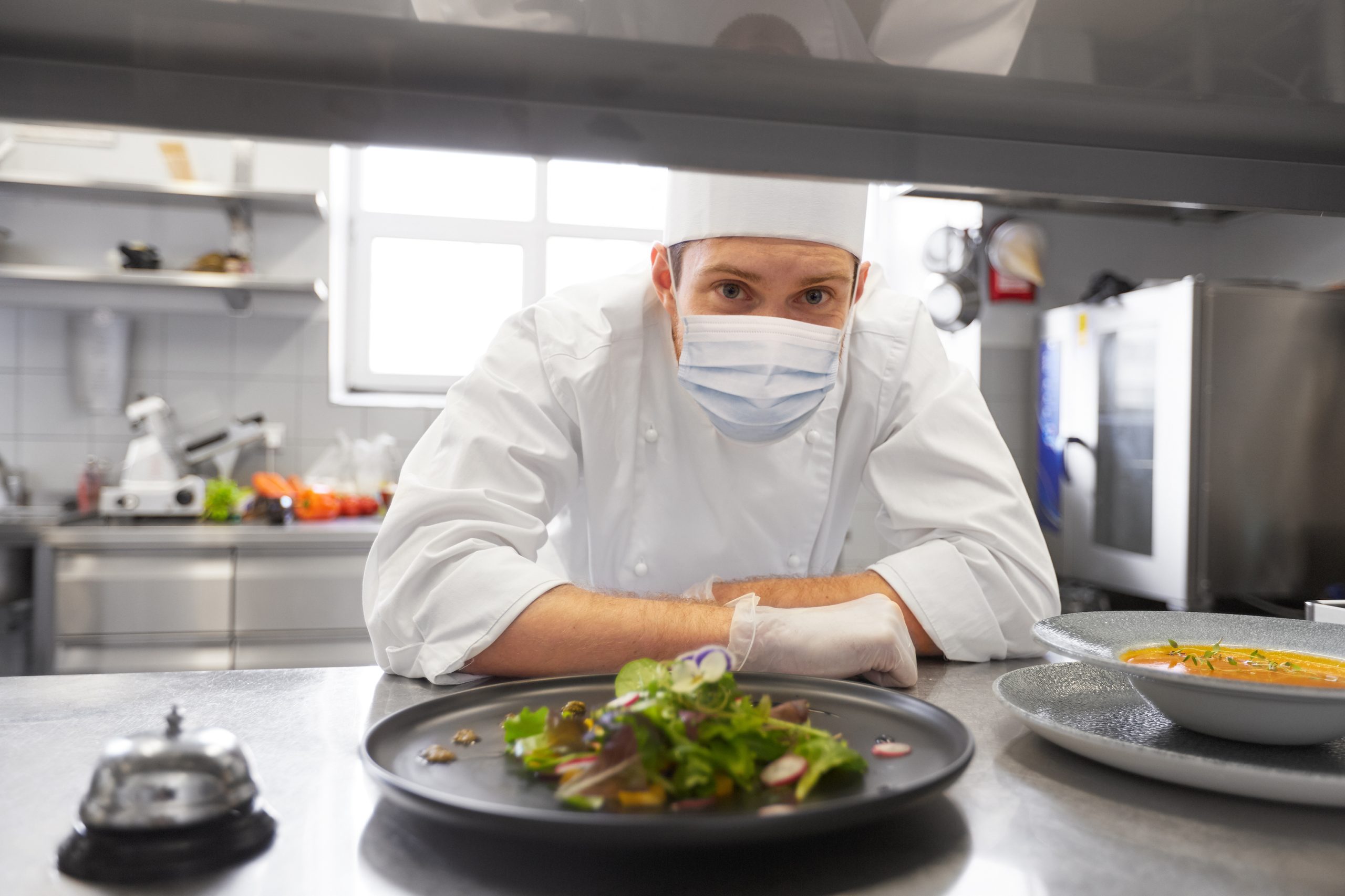
If you enjoy preparing food, perhaps you should consider a career as a cook. Cooks work in:
- restaurants
- hotels
- schools
- hospitals
- private homes
They prepare and cook a wide range of food items, from soups and salads to entrees and desserts. Professional cooks need to be familiar with a wide range of cooking techniques, from baking to frying and grilling to boiling. They create food dishes that are both delicious and visually appealing, and they must often juggle the responsibilities of preparing various menu items. The best way to develop all of these skills is through formal training. This can be either in a culinary arts school or college degree program or through an apprenticeship.
A Culinary Arts Education
Like becoming a chef, preparation for a career as a cook has changed over recent years. Candidates can still obtain some entry-level positions after a few weeks of on-the-job training. Professional cooks in high-end restaurants and private households are increasingly learning their skills through college degree programs and apprenticeships.
Professional culinary institutes, vocational cooking schools and colleges offer postsecondary education programs in culinary arts. In these programs, students learn various cooking styles as well as basic kitchen skills and food handling safety. They may learn how to prepare international foods and develop advanced cooking techniques that enable them to cook complex dishes. Some culinary arts programs take only a few months to complete. Others span a broader range of subject matter and take as long as two years to finish. Students seeking a career in cooking should enroll in one of the more than 200 programs accredited by the American Culinary Federation.
The Apprenticeship Route to a Career as a Cook
If a college degree program or other culinary arts program isn’t right for you, an apprenticeship might be. If you’re at least 17 years of age, have a high school diploma (or equivalent) and pass a drug test, you can apply for an apprenticeship. Culinary industry associations, trade unions, professional culinary institutes and the American Culinary Federation sponsor apprenticeship programs across the nation. They do this in conjunction with the U.S. Department of Labor. During these apprenticeships, aspiring cooks study food safety and learn how to use knives and kitchen equipment. They spend a year working under the guidance of an experienced professional chef. The combination of technical training and hands-on kitchen experience prepares apprentices to succeed in the field of culinary arts.
For candidates who have a true passion for food preparation, a career as a cook in a high-end restaurant or a private home is a rewarding experience. Professional cooks enjoy the challenge of creating a varied menu of tasty, beautiful foods for:
- restaurant-goers
- hotel guests
- families
The training that aspiring cooks gain in apprenticeships or culinary arts programs helps them develop the basic and advanced cooking skills to better pursue their passion.
Related Resources:
